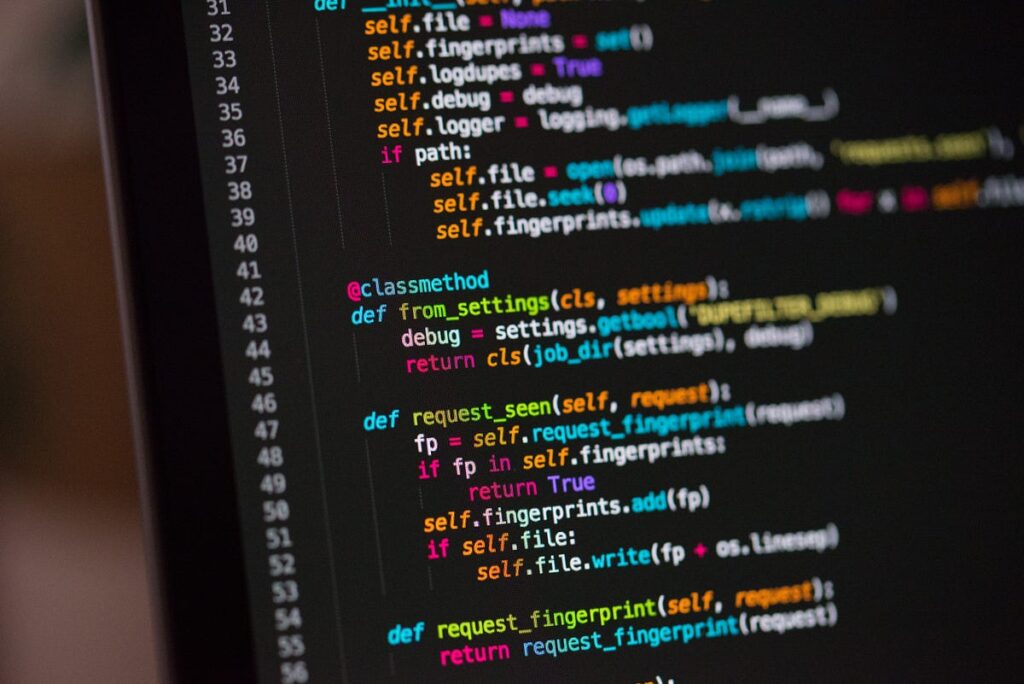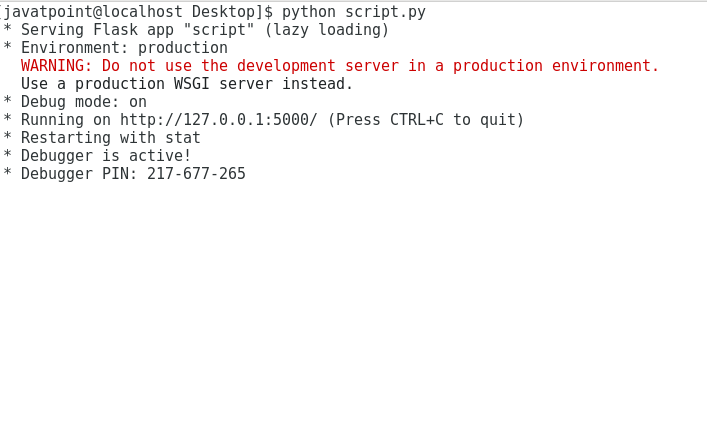Flask
WHAT IS FLASK?
- Flask is a lightweight and flexible web framework written in Python.
- It prioritizes simplicity and minimalism, allowing developers to build applications according to their specific needs.
- Flask follows the microframework approach, providing only the essential components and leaving room for customization and extension.
- It seamlessly integrates with other Python libraries and tools, leveraging the vast Python ecosystem for enhanced functionality.

USE OF FLASK
Flask is widely used for building web applications of different sizes and complexities. It provides the necessary tools and features to handle routing, request handling, templating, and more. Developers can create dynamic and interactive web applications using Flask.
Flask is well-suited for developing RESTful APIs. It allows developers to define routes and handle different HTTP methods like GET, POST, PUT, DELETE, etc. This makes Flask a popular choice for creating APIs that can be consumed by other applications or services.
Flask’s simplicity and minimalistic design make it ideal for rapid prototyping and proof of concept development. It allows developers to quickly build and test ideas, iterate on them, and demonstrate the feasibility of a concept before investing significant resources.
Flask’s lightweight and modular nature makes it suitable for building microservices. With Flask, developers can create individual components of an application as separate microservices, each serving a specific functionality. These microservices can then be combined to form a larger application.
Flask can be used for web scraping tasks or building automation scripts. Developers can leverage Flask’s request handling capabilities to fetch data from websites, perform data processing, and automate repetitive tasks.
WHAT ARE THE FEATURES OF FLASK?
Lightweight and Minimalistic – Flask is designed to be lightweight and follows a minimalistic approach. It provides only the essential features and leaves room for customization and extension as per the developer’s requirements. This makes Flask easy to understand, use, and deploy.
Routing and Request Handling – Flask provides a routing mechanism that allows developers to map URLs to specific functions, known as view functions. It simplifies the handling of HTTP requests by associating URL patterns with corresponding functions, making it easy to create a structured and organized web application.


Templating Engine – Flask includes a templating engine called Jinja2, which enables developers to create dynamic web pages by combining HTML with dynamic content. Templating allows for the separation of presentation and logic, making the code more maintainable and reusable.
Flask Extensions – Flask offers a wide range of extensions that can be easily integrated into applications to add additional functionality. These extensions cover areas such as authentication, database connectivity, caching, form handling, and more. Flask extensions provide a modular approach to enhancing the capabilities of Flask applications.
THE BENEFITS OF LEARNING TO CODE WITH FLASK
Lightweight and Easy to Learn – Flask follows a minimalistic approach, making it lightweight and easy to understand. Its simplicity makes it an excellent choice for beginners who are new to web development or Python programming. Learning Flask provides a solid foundation for understanding web frameworks and building web applications.
Flexibility and Customization – Flask offers a high level of flexibility, allowing developers to customize and tailor their applications according to specific requirements. It provides the freedom to choose and integrate various components, libraries, and extensions as needed, empowering developers to build applications that meet their exact needs.
Rapid Prototyping and Iteration – With Flask, developers can quickly build and test prototypes or minimum viable products (MVPs). Its minimalistic design and straightforward syntax enable rapid development, making it easier to iterate on ideas and gather feedback. Flask’s simplicity helps streamline the development process and reduces time to market.
Scalability and Modularity – Flask’s modular design encourages the development of scalable and maintainable applications. It promotes the separation of concerns, allowing developers to divide their application logic into smaller components, which can be easily managed and scaled independently. Flask’s modularity makes it well-suited for building large-scale applications or microservices architectures.
